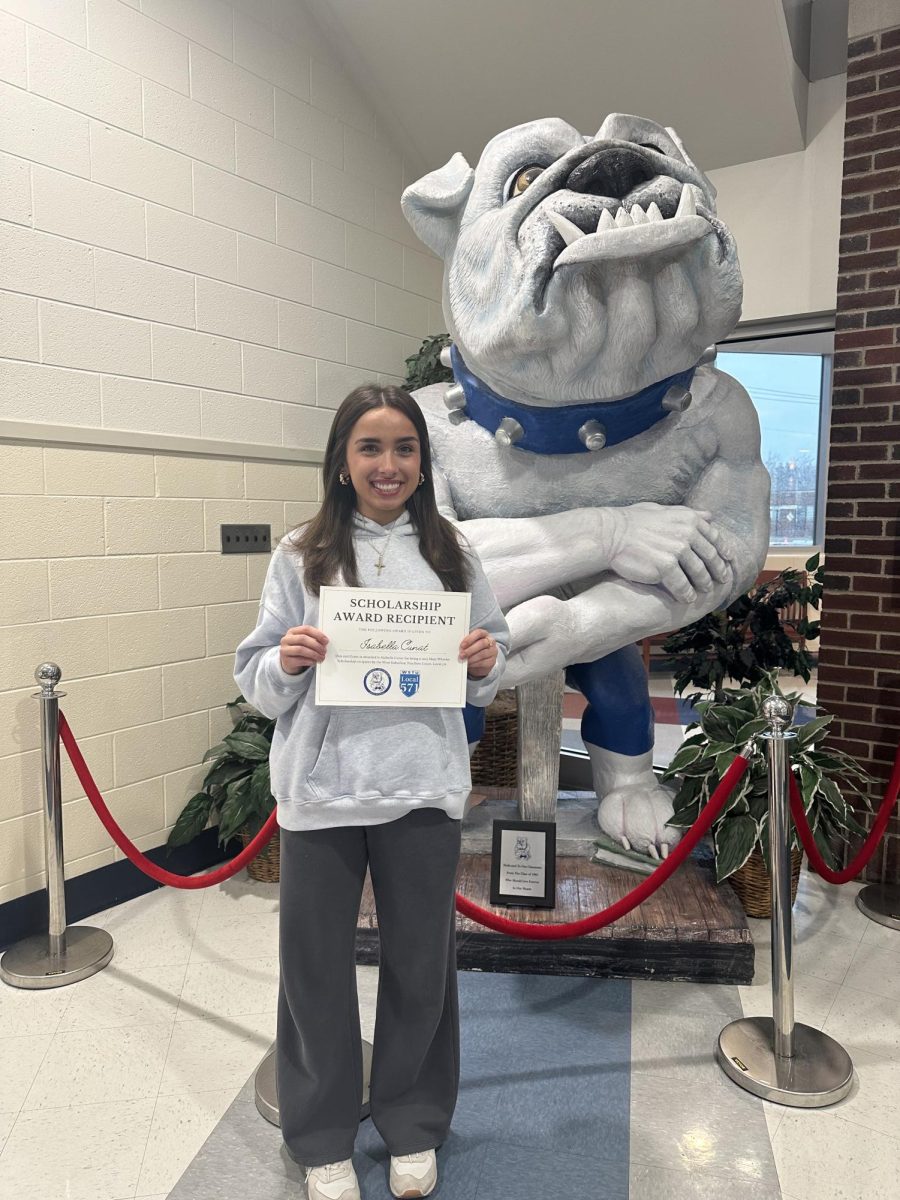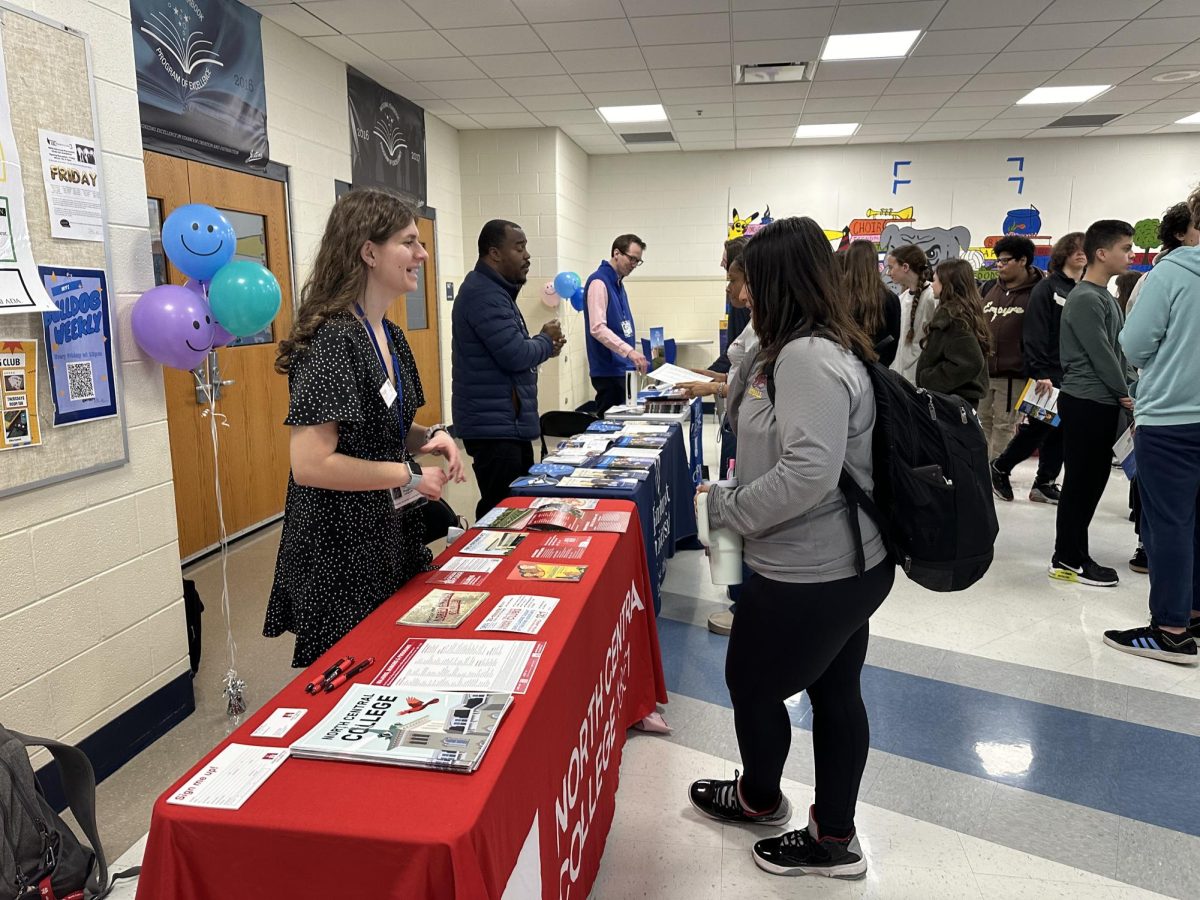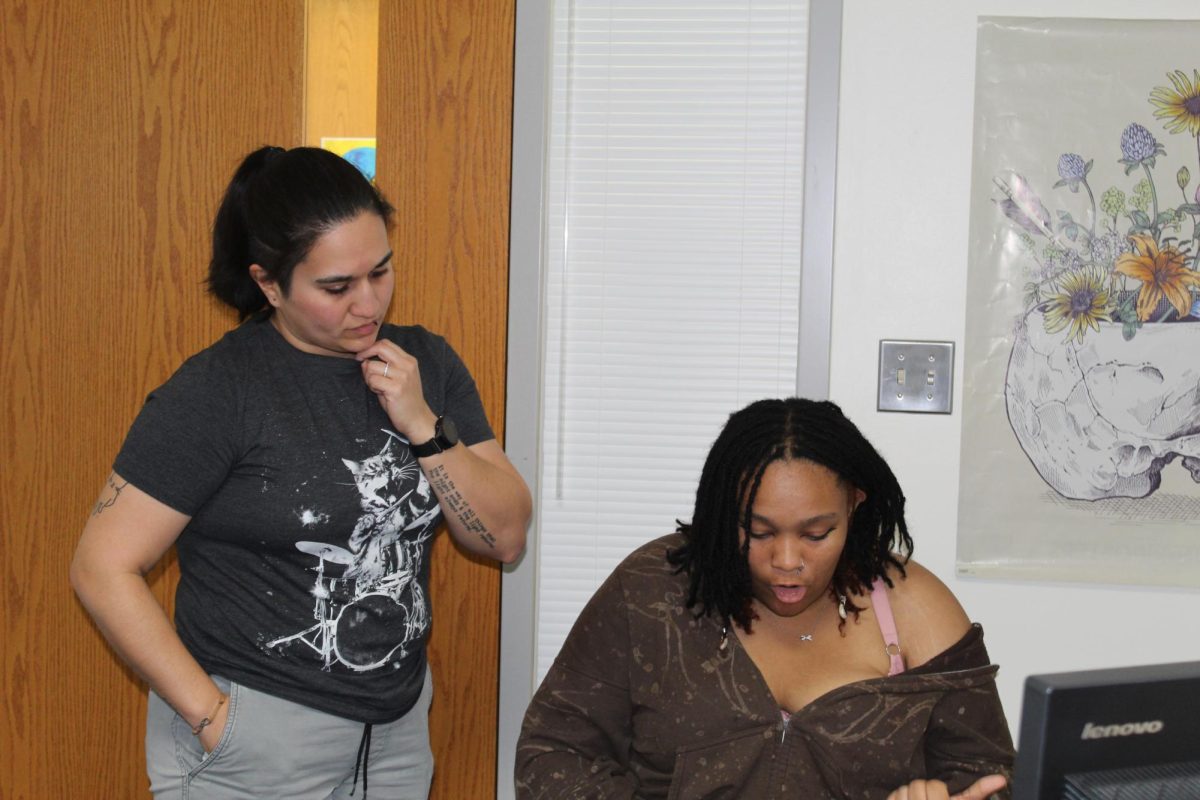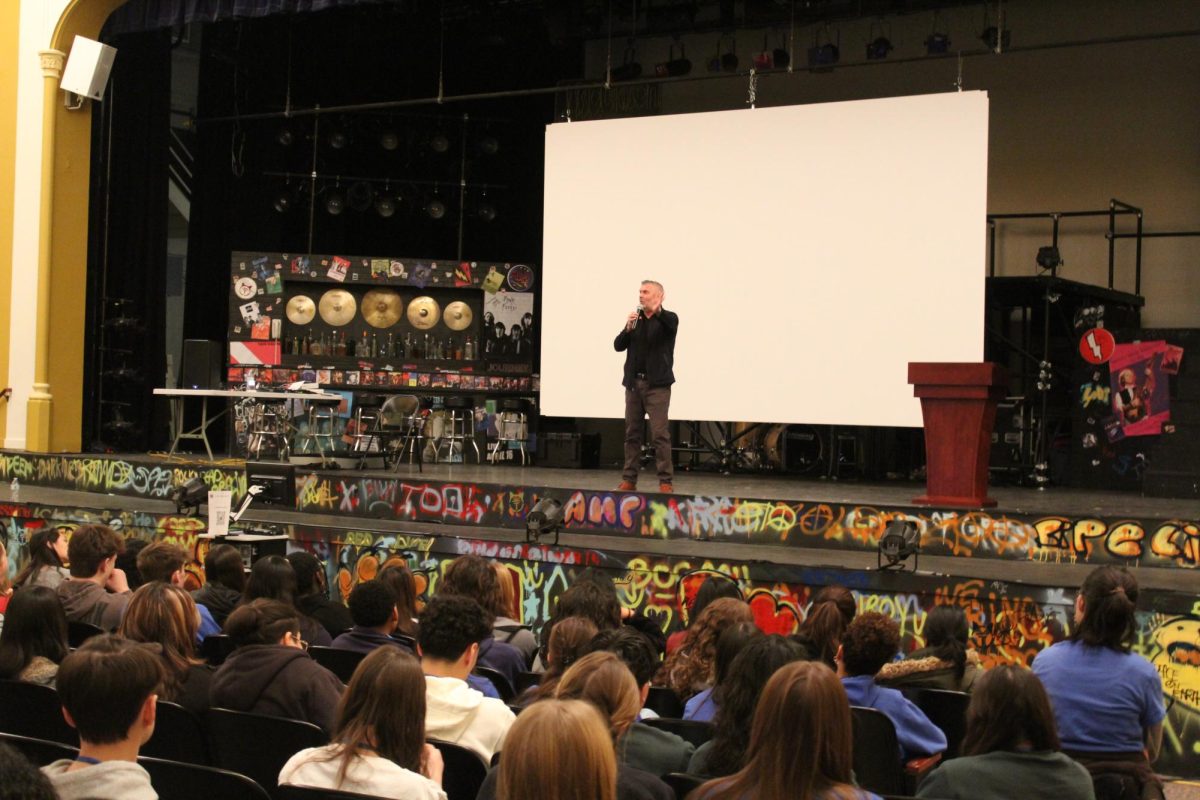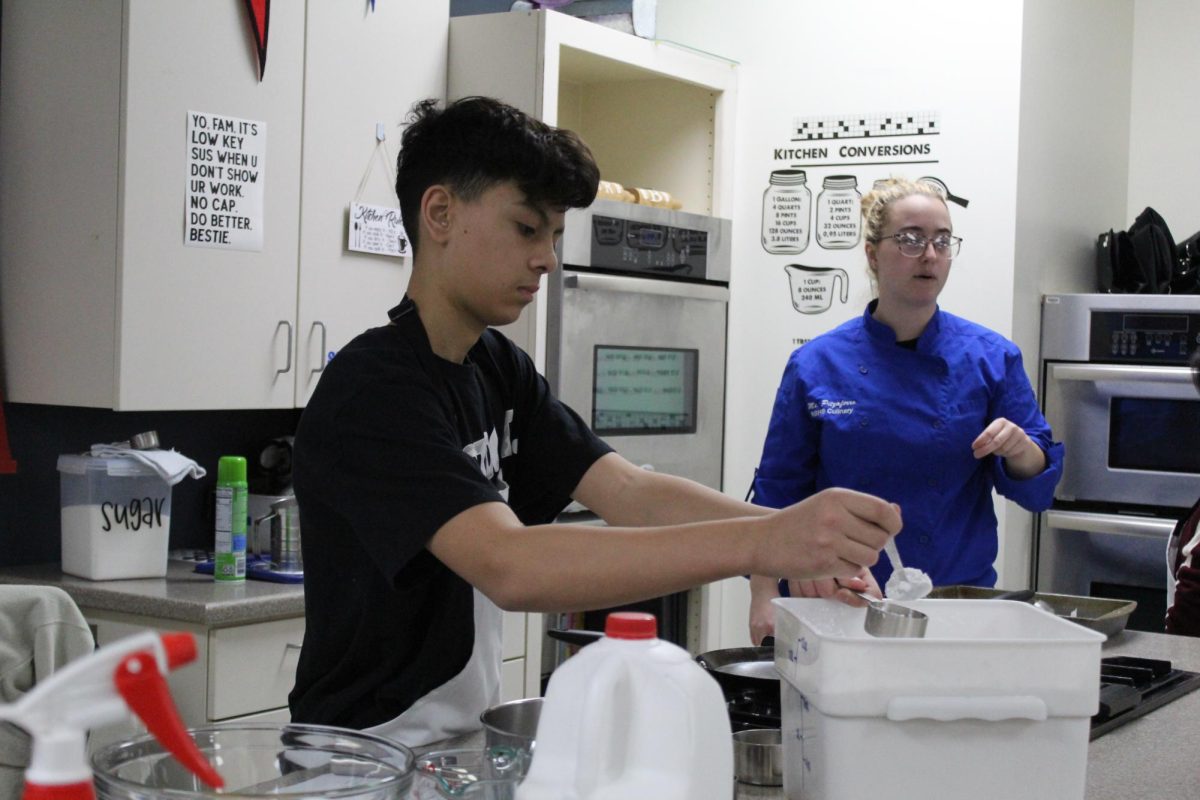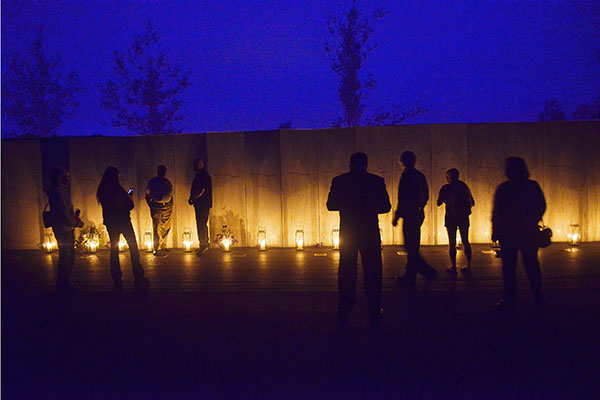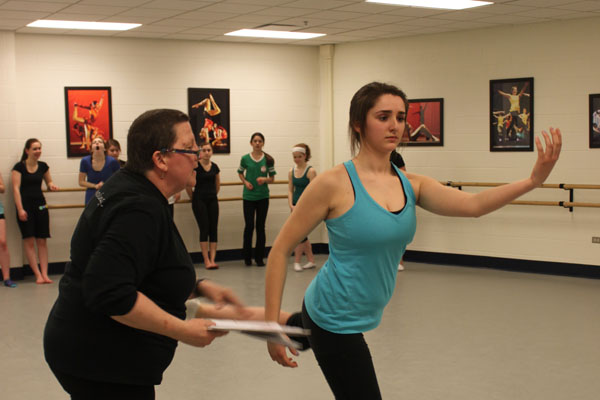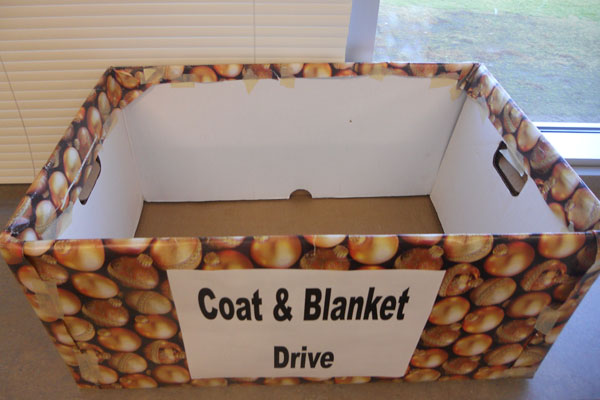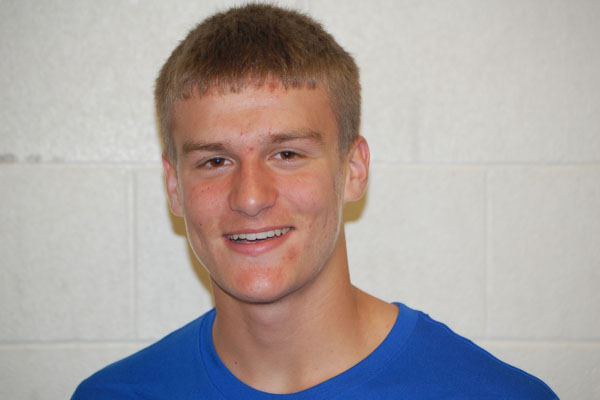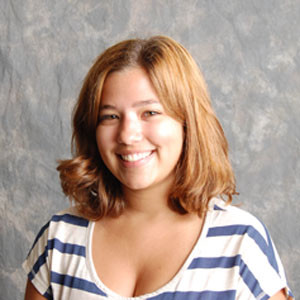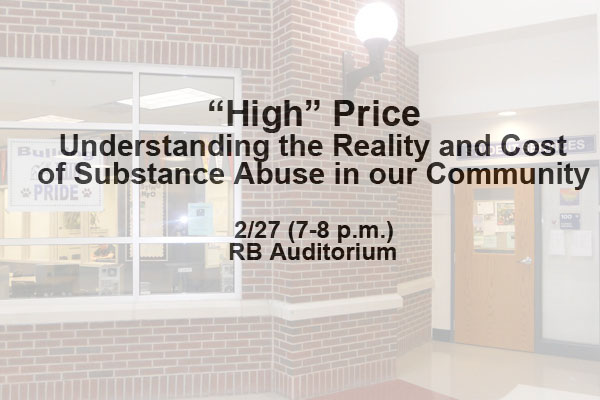
High school substance abuse can have crushing effects not only for those who are suffering from addiction, but also for the school and community as a whole. RB has taken many steps to combat drug use through helping those affected and raising awareness to prevent drug use in the first place.
Feburary 27, RB’s Student Services Department along with the PTO will give a presentation called “‘High’ Price: Understanding the reality and cost of substance abuse in our community.” The presentation will feature guest speaker Margo Bristow, a substance abuse specialist with over 25 years of experience in the education, treatment and recovery of individuals and families. Student Services encourages all students and parents to attend to learn more about this pressing issue.
Clarion met with school social worker Christine Sutton to further explore the depth and consequences of substance abuse at RB.
What trends have you seen these past few years regarding drug use?
I think there’s just been a consistent trend among students using drugs. I don’t know if there has necessarily been a spike, but what we have seen is changes in what students are using. So we are very concerned about that.
What do you attribute these changes to?
I think one of the things that is a contributing factor is that there is a lot of normalization of drug usage, where parents might even tell their children that they used drugs in high school and didn’t get addicted. Part of it is that the makeup of drugs is very different and is very complex. There are addictive properties of drugs that weren’t there in the past. Also, kids are starting earlier and earlier. I think there’s a lot of curiosity about drug usage, and I do think a lot of kids don’t think there’s anything wrong with it.
How does drug use affect our school and community?
When we have a student who is using illegal substances, those illegal substances are coming in from gangs and drug dealers. We in essence are inviting these people into our community and we are inviting them to sell to our kids, to allow our kids to become addicted to drugs, to allow them to fight a lifelong battle with addiction. When you start thinking about the impact that one student using drugs has on the whole community, there’s a financial cost associated with that, but there’s also the cost of what we’re losing as a contributing member of society. There’s both a financial and an emotional cost.
What does Student Services do to combat drug use or help students who may be struggling with drug use?
We work with students on a regular basis, trying to address and seek help for their substance abuse issues. We have a drug and alcohol counselor who is here three days a week. They have special training and their skill level is different. We really need that in-house expertise to help students deal with their addictions. Part of what they do is get students into drug treatment programs and work with the families.
How can students, parents or people in the community work to solve this problem?
I think there are a lot of things we can do. I think that parents need to stop some of the complacency around it. We need parents to recognize that there are some very serious consequences for their students. I think for the student population, it’s kind of the same thing. We don’t want to glamorize drug use. A lot of times kids use substances to cope with other pains or depression, and this is just a compensatory tool that they use. This is a temporary fix for the pain they’re trying to stop. Getting them to a counselor or social worker helps them deal with the real underlying issues.
What are the possible repercussions if we do not address this problem?
I think we’ll continue to see an increased rate of students dropping out. We’ll see more crime in our community. We’ll see an increase in gang related activity as kids are trying to get money to complete a drug deal. I think we’ll see more stress on the family system.

